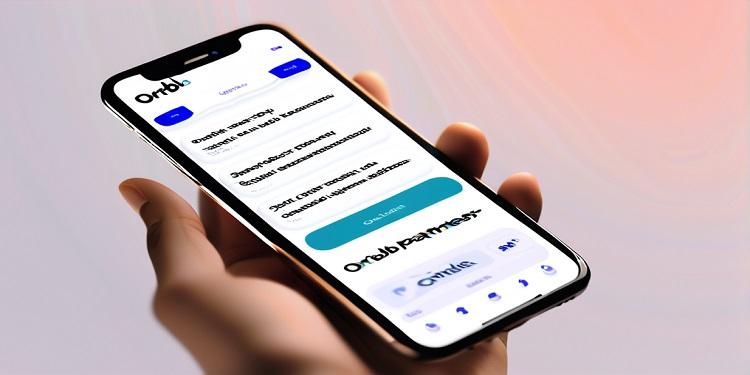World Liberty Financial, a newly launched cryptocurrency and decentralized finance (DeFi) platform, has made a notable entrance into the digital asset space, claiming support from former U.S. president Donald Trump. The platform recently opened its doors to both U.S. and international users, inviting them to participate in its ecosystem by registering and linking their Web3 wallets. This move came as the platform seeks accredited investors from the U.S. and individuals outside of the country, aiming to build a global user base as it rolls out its offerings.
The project officially launched in September and has generated significant interest, largely due to its purported backing by Trump and his sons, alongside a group of entrepreneurs. While there is a lack of independent confirmation of this association, the claims have nonetheless captured attention, particularly among crypto enthusiasts and DeFi investors. The platform’s strategy appears to be centered on utilizing Web3 technology to streamline its operations, particularly through the integration of Web3 wallets, which would act as a unique identifier for users as part of their Know Your Customer (KYC) verification process.
Appeal to U.S. and Global Users
World Liberty Financial has made it clear that it is targeting a diverse, global audience by actively encouraging both U.S. citizens and individuals from outside the U.S. to engage with the platform. The invitation for users to connect their Web3 wallets suggests an intent to create a seamless onboarding process, leveraging blockchain technology to handle user identification and transaction verification. However, the platform’s claim that it will eventually accommodate all Americans indicates that there may be certain regulatory hurdles it is navigating as it expands its services in the U.S. market.
Despite its early ambitions, the platform has faced challenges, particularly from scam accounts on social media. Numerous impersonators have emerged on X (formerly known as Twitter), attempting to deceive users by posing as representatives of the platform. This development has raised concerns about the potential for fraud and phishing attacks targeting individuals looking to engage with World Liberty Financial, emphasizing the need for caution and due diligence when interacting with the platform.
Trump’s Changing Stance on Crypto
One of the most intriguing aspects of World Liberty Financial’s emergence is the involvement of Donald Trump, who was previously known for his anti-crypto stance. Throughout his presidency and beyond, Trump had voiced skepticism about cryptocurrencies, even suggesting that they posed a threat to the dominance of the U.S. dollar. However, recent developments suggest a shift in his views. In July of this year, speculation about Trump’s changing attitude toward digital assets led to a brief spike in the value of certain cryptocurrencies, further fueling the idea that he might now see potential in the technology.
Trump’s involvement in World Liberty Financial, whether direct or symbolic, marks a significant departure from his earlier opposition to the crypto world. This shift may signal a broader trend where public figures who once expressed reservations about digital currencies are now more open to exploring the opportunities within the crypto and DeFi space. Nonetheless, Trump’s association with the platform remains a subject of debate, as there has been no concrete verification beyond claims made by World Liberty Financial itself.
Potential Risks and Future Prospects
As with many new ventures in the crypto and DeFi sectors, World Liberty Financial faces both opportunities and risks. On the one hand, its claims of high-profile backing and its focus on Web3 technology position it as an innovative player in the market. By utilizing Web3 wallets for KYC verification, the platform aims to offer a streamlined and secure user experience. On the other hand, the rise of impersonation scams highlights the vulnerability of digital platforms to malicious actors, particularly in an industry that is still grappling with regulatory uncertainties.
As the platform continues to seek accredited investors and expand its whitelist, potential users should remain vigilant about the risks involved, especially with the prevalence of scam accounts. The success of World Liberty Financial will likely depend on its ability to navigate these challenges, gain the trust of its users, and deliver on the promises it has made regarding its offerings and operational integrity.
In conclusion, World Liberty Financial’s launch has sparked curiosity and conversation within the crypto community, not only because of its ambitious goals but also due to its purported ties to Donald Trump. As the platform moves forward, it will need to address the concerns surrounding user security and regulatory compliance while continuing to build out its services for a global audience. Whether or not Trump’s involvement proves to be as significant as claimed, the platform’s future will depend on its ability to execute its vision in a rapidly evolving industry.









